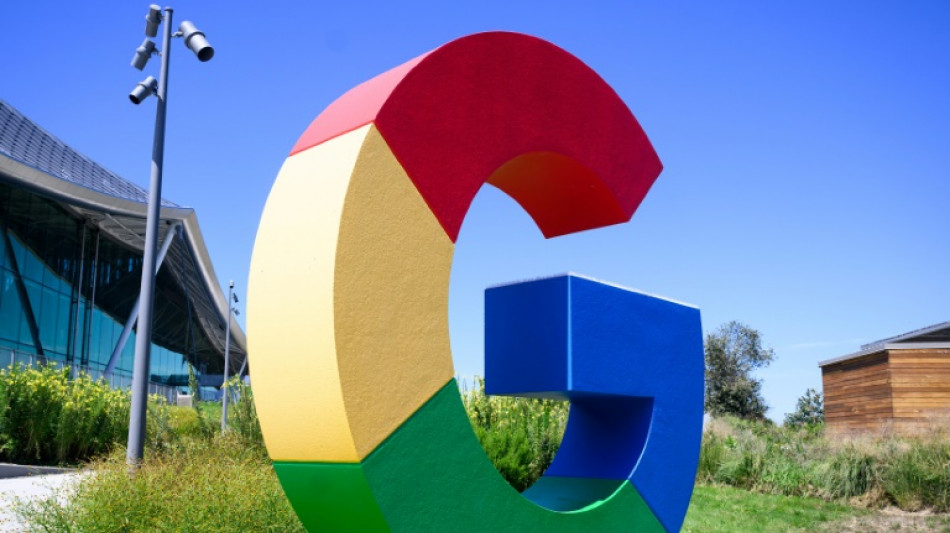

Google fights breakup of ad tech business in US court
Google faced a fresh federal court test on Monday as US government lawyers asked a judge to order the breakup of the search engine giant's ad technology business.
The lawsuit is Google's second such test this year after the California-based tech juggernaut saw a similar government demand to split up its empire rejected by a judge earlier this month.
Monday's case focuses specifically on Google's ad tech "stack" -- the tools that website publishers use to sell ads and that advertisers use to buy them.
In a landmark decision earlier this year, Federal Judge Leonie Brinkema agreed with the US Department of Justice (DOJ) that Google maintained an illegal grip on this market.
This week's trial is set to determine what penalties and changes Google must implement to undo its monopoly.
For the US government, Google should be ordered to spin off a piece of its ad tech operations, commit to changing its business practices and undergo close court supervision for the coming years.
"The law requires the court to put its thumb on the scale" and end Google's "profound and persistent harms" to potential rivals, said DOJ lawyer Julia Tarver Wood in her opening arguments.
Specifically, the DOJ is asking that Google relinquish its dominating ad exchange operations, the software where publishers sell their ad inventory to advertisers and ad agencies through a real-time bidding auction system.
In her opening statement, Google's lawyer Karen Dunne called the DOJ's proposals "radical and reckless," a "swing for the fences" and said "caution was key" when Judge Brinkema made her decision on the fate of Google's ad tech business.
Dunne added that the government's fix was technically unfeasible, would be highly disruptive to the industry and would "fail as a practical matter."
She not surprisingly turned to the recent decision in the similar case involving Google's search business in which a different judge decided that splitting up the company's business would be "messy and highly risky."
Instead, Google was required to share data with rivals as part of its remedies and undergo some court-ruled oversight.
The US government had pushed for Chrome's divestment, arguing the browser serves as a crucial gateway to the internet that brings in a third of all Google web searches.
Google's Dunne said the same caution should apply, with a forced divestiture far too radical a step, as she set forth the company's commitments to change its business practices in order to satisfy the judge.
The DOJ insisted these fixes fell short of what was needed and would see the tech giant swiftly regain its monopoly over the sector.
In a similar case in Europe, the European Commission, the EU's antitrust enforcer, earlier this month fined Google 2.95 billion euros ($3.47 billion) over its control of the ad tech market.
Brussels ordered behavioral changes, drawing criticism that it was going easy on Google as it had previously indicated that a divestiture may be necessary.
This US trial is expected to last about a week, with a decision by Judge Brinkema not expected for months.
These cases are part of a broader bipartisan government campaign against the world's largest technology companies. The US currently has five pending antitrust cases against Silicon Valley's tech giants.
M.Marini--GdR



